The Chinese mainland and the Hong Kong Special Administrative Region (HKSAR) jointly implemented an arrangement on Monday allowing the mainland and the HKSAR to recognize and enforce each other's judgments in civil and commercial court cases, which is hailed as an important milestone and considered as conducive to enhance Hong Kong's status as international legal service and dispute resolution center.
Under the new arrangements, courts of the two jurisdictions may recognize and enforce reciprocally effective judgments in civil and commercial matters that are made by the courts of the other side and are covered by the arrangement.
This reduces the need for parties to re-litigate the same dispute in the mainland and Hong Kong courts respectively, thereby reducing the risks, legal costs, and time usually associated with the cross-boundary enforcement of such judgments.
"The arrangement showcases the unique advantages enjoyed by Hong Kong under One Country, Two Systems. Hong Kong is the only jurisdiction to have an arrangement with the mainland on reciprocal recognition and enforcement of judgments with such wide coverage," Justice Secretary Paul Lam told a seminar on the agreement on Monday.
The arrangement helps consolidate Hong Kong's status as a regional intellectual property trading center as well as a regional center for international legal and dispute resolution services as outlined in the national 14th Five-Year Plan, Lam said.
The arrangement is the ninth judicial assistance document in effect between the two jurisdictions and is also the most extensive and significant arrangement. After it comes into effect, it is expected that around 90 percent of civil and commercial judgments from the two places' courts will be mutually recognized and enforced, Si Yanli, deputy director general of the research office of the Supreme People's Court, was quoted as saying in media reports on Monday.
The arrangement seeks to expand the scope of mutual recognition as much as possible, but there are still some cases that are not included within the scope of mutual recognition and enforcement, Si said, noting that it does not currently apply to judgments in eight categories of civil and commercial cases, including certain family and marriage matters, inheritance cases, some patent infringement cases, certain maritime and maritime commerce cases, bankruptcy (liquidation) cases, voter eligibility determinations, cases related to arbitration, and cases recognizing and enforcing judgments from other jurisdictions, among others.
In judicial practice, the number of these cases is limited and represents only a small portion of civil and commercial cases, Si said.
Over the past three years, the mainland's various levels of courts have collectively issued rulings for over 55,000 first-instance civil and commercial cases involving Hong Kong. The arrangement effectively facilitates the cross-border recognition and enforcement of judgments in civil and commercial cases between the two regions, eliminating the need for parties to engage in repetitive litigation to protect their rights in the same case, according to media reports.
The Western media said the arrangement sparked concerns that it will "tarnish Hong Kong's reputation as a global business hub." The Guardian said on Monday that international companies have traditionally chosen to base themselves in Hong Kong as the city has an independent legal system based on common law.
In fact, such concerns are unfounded and entirely unnecessary, constituting groundless apprehensions, Louis Chen, a member of the Election Committee and general secretary of the Hong Kong Legal Exchange Foundation, told the Global Times on Monday.
Concerning the mutual recognition and enforcement of judgments, as early as 2006, mainland and Hong Kong had signed the reciprocal recognition and enforcement of civil and commercial judgments, and Hong Kong has also enacted the mainland judgments (reciprocal enforcement) ordinance, which allows judgments made in mainland in civil or commercial matters to be enforced in Hong Kong and facilitates the enforcement of judgments made in Hong Kong in civil or commercial matters in mainland, Chen said.
Mainland courts will not recognize and enforce judgments of the Hong Kong courts if they clearly violate fundamental principles of mainland law or public interests. Similarly, the Hong Kong courts would not recognize and enforce judgments of mainland courts if they clearly violate fundamental principles of Hong Kong law or public policy, the legal expert said.
Hong Kong continues to run its current legal system as stipulated under the Basic Law, which is a golden rule, Chu Kar-kin, a veteran current affairs commentator based in HKSAR and member of the Chinese Association of Hong Kong and Macao Studies, told the Global Times on Monday.
No judicial messages, orders, approval, instructions are exchanged or communicated between the judges of both jurisdictions before the judgments. In fact, the judges deliver and hand down the orders and judgments as usual practices as they may not even know whether the parties of the case intend to enforce the judgment in the other jurisdiction, he added.








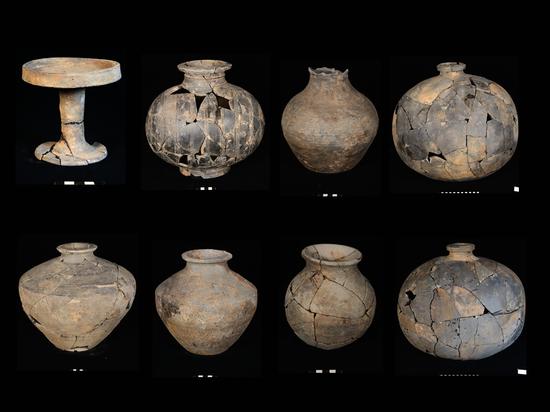
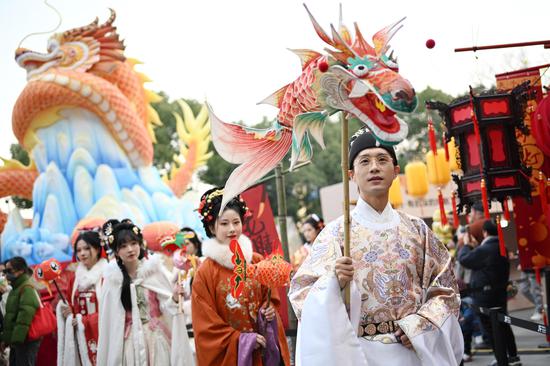
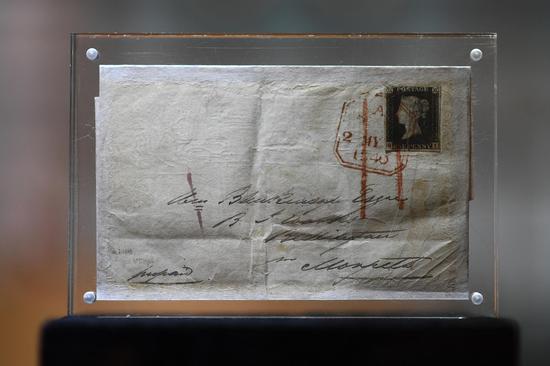

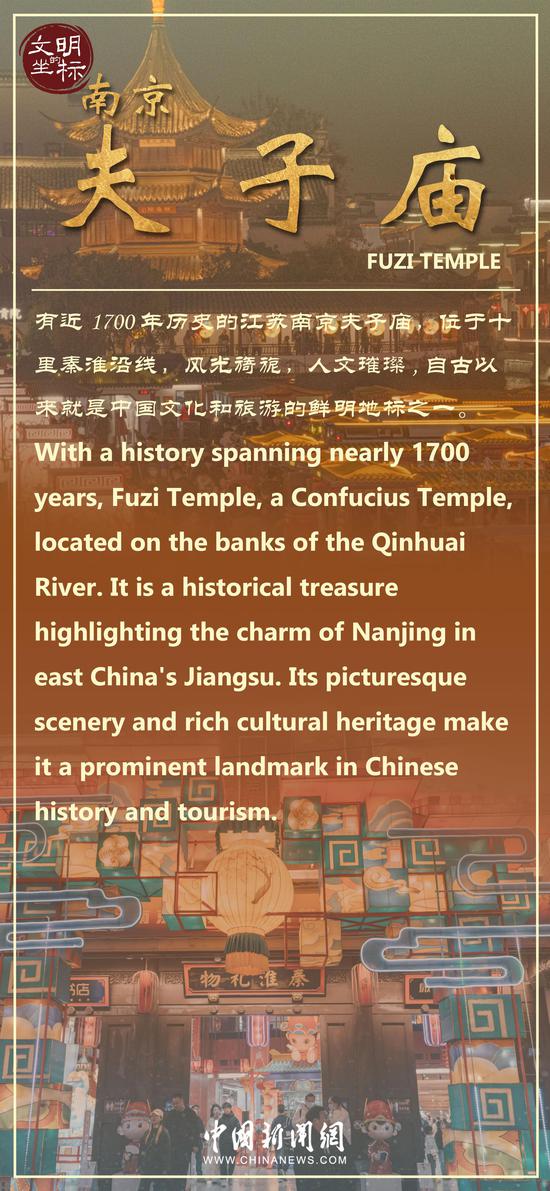


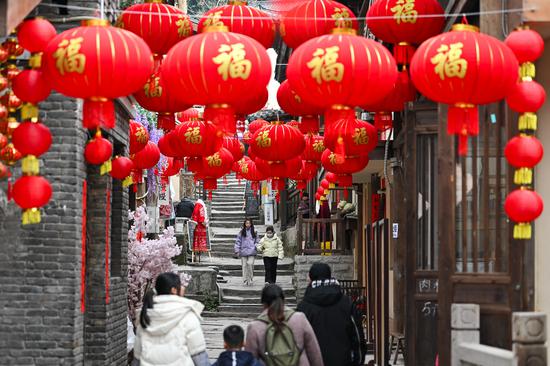



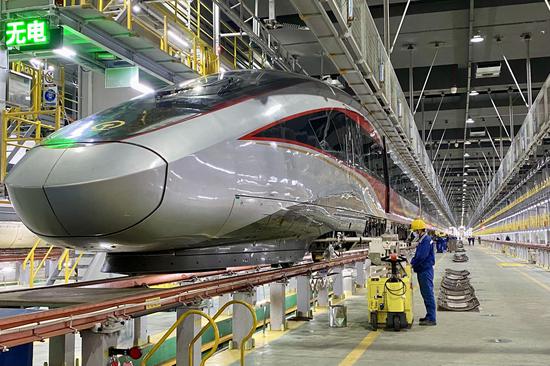


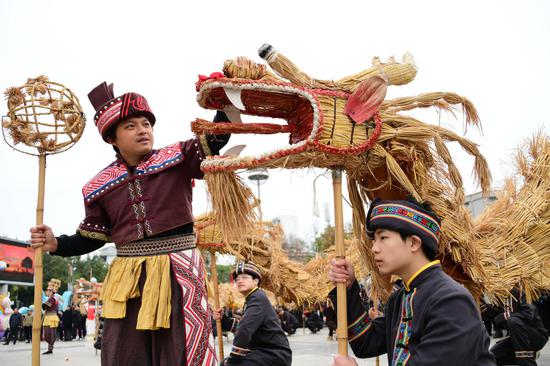
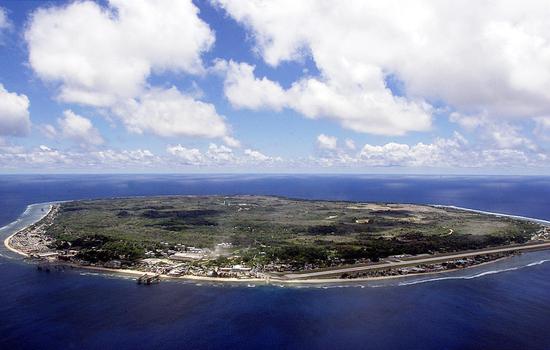




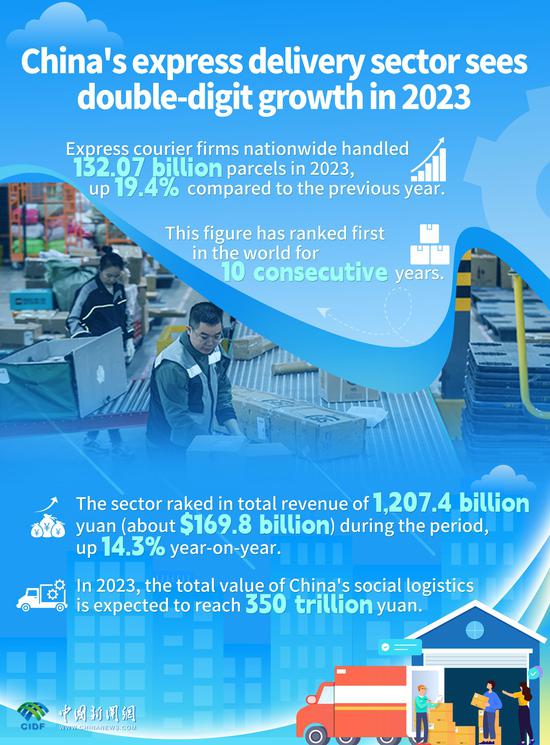





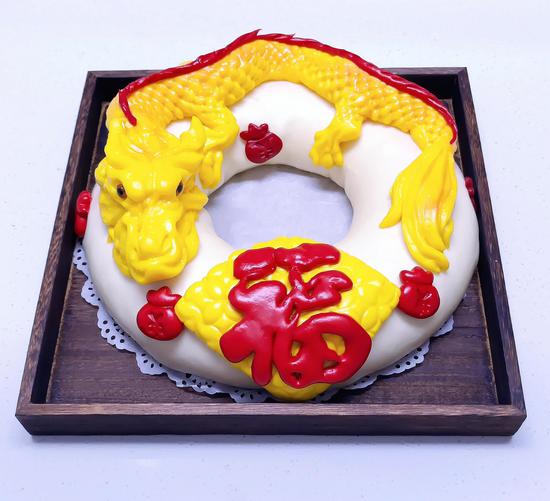
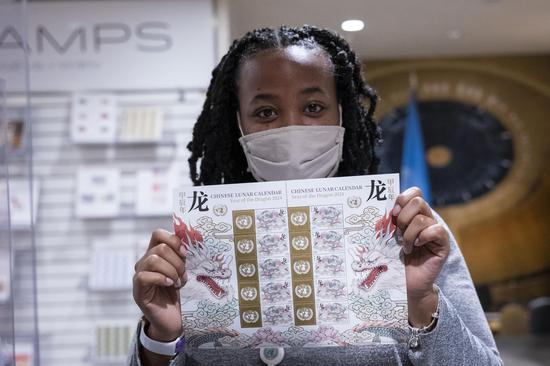


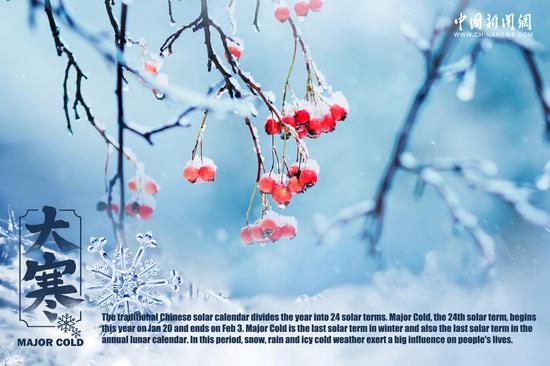
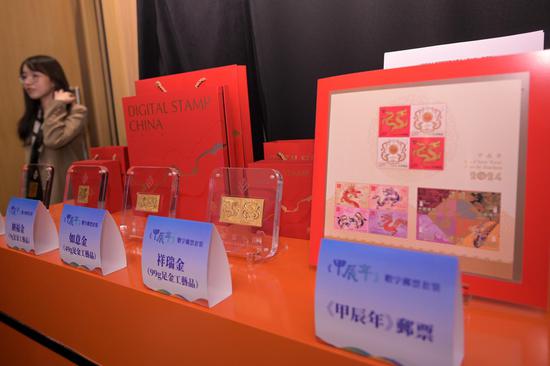
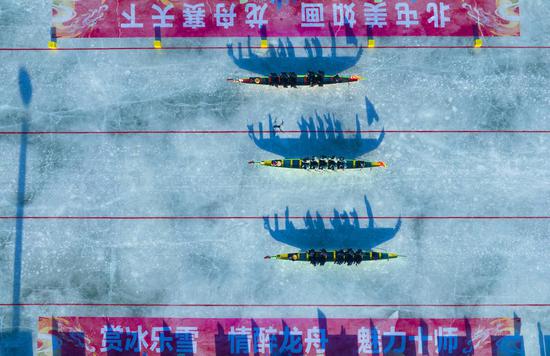


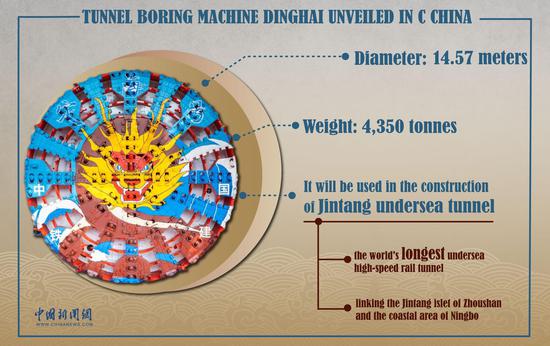






 京公网安备 11010202009201号
京公网安备 11010202009201号